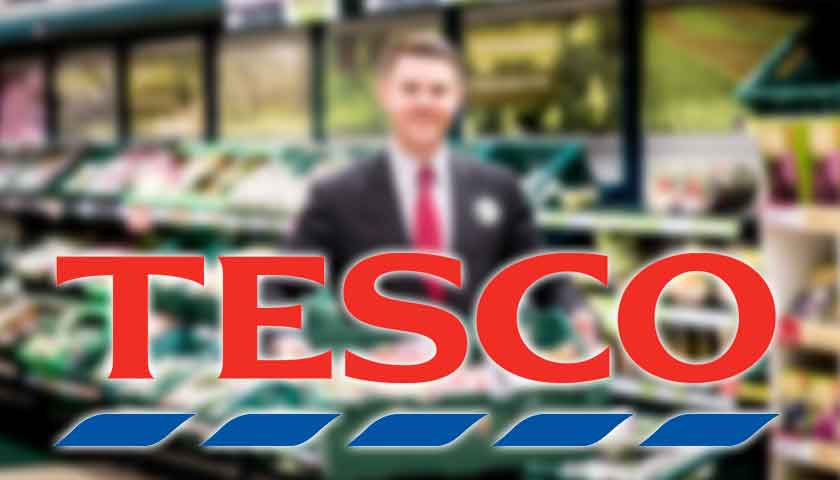Tesco has announced that it has established a £2.5bn revolving credit facility, replacing Tesco’s existing £3bn committed facilities. The facility uses Risk Free Rates and interest is linked to the achievement of three ambitious environmental targets. Under the terms of the agreement, Tesco will benefit from a lower interest rate loan margin if the company delivers environmental targets, aligned with three existing KPIs included in its Little Helps Plan sustainability strategy:
- Emissions: % reduction of Scope 1 and Scope 2 CO2e emissions
- Renewable Energy: % renewable electricity sourced from on-site generation or from the grid under Power Purchase Agreements
- Food Waste: % food surplus safe for human consumption redistributed to humans or animals within UK operations
Tesco has a long standing commitment to sustainability and this informs its approach across all aspects of the business, including tackling the global climate change threat, protecting important ecosystems such as forests and marine environments and advocating for sustainable agricultural practices that protect soil health and biodiversity.
In 2017, Tesco became the first business globally to set science-based climate change reduction targets on a 1.5 degree trajectory, including committing to using 100% renewable electricity by 2030. The retailer has also published its own food waste data annually since 2013, and called for the wider food industry to adopt the Target, Measure, Act framework of reporting food waste data
Aligning its corporate financial strategy to its sustainability commitments is a natural next step for the business and will help accelerate continuous improvement in areas that are material to the company’s retail business, suppliers and stakeholders.
Alan Stewart, CFO of Tesco explained: “This financial instrument is a positive step in further integrating sustainability into all aspects of our business. As a founding member of the A4S CFO Network and more recently the UN Chief Financial Officers Taskforce, linking our ambitious targets with our core financing activities has always been a goal. This further demonstrates the strength of our commitment and reinforces our belief that financing activities can help us achieve our sustainability commitments. As a large retailer, we can play a key role in decarbonising the wider economy through engaging our suppliers and customers in the transition.”
Anne Marie Verstraeten, UK Country Head, BNP Paribas which acted as sole Co-ordinator and Sustainability Co-ordinator for the Facility, noted: “The ambitious science based targets embedded into Tesco’s sustainability linked loan demonstrate how sustainable finance can be an accelerator for the progressive decarbonisation of a business. For UK corporates to shift to a net zero pathway requires collaboration and innovation across multiple sectors – including from banks such as BNP Paribas – and through mobilising our expertise across industries, we can transition together towards a low carbon economy.”
The three year facility is the first day one Risk Free Rate (RFR) syndicated loan facility in the UK. Given the anticipated cessation of LIBOR, Tesco has transitioned the Facility away from LIBOR with multiple interest periods linked from day one to the Sterling Overnight Index Average (“SONIA”) and to the Secured Overnight Financing Rate (“SOFR”) for GBP and USD respectively. The Facility continues to use EURIBOR for EUR loans with NatWest acting as Risk Free Rate Manager and Facility Agent.
Andrew Blincoe, Managing Director and Head of Large Corporates & Institutions, Natwest noted “We have a long-term relationship with Tesco, with many shared values, and are delighted to support with this milestone RFR transaction as Risk Free Rate Manager and Facility Agent, and support them with their longer term funding requirements. This transaction is an important one for the syndicated loan market as we transition to a risk free rate environment. As the transaction also contains ESG principles, it is very much aligned with our purpose-led approach to sustainable finance.”

